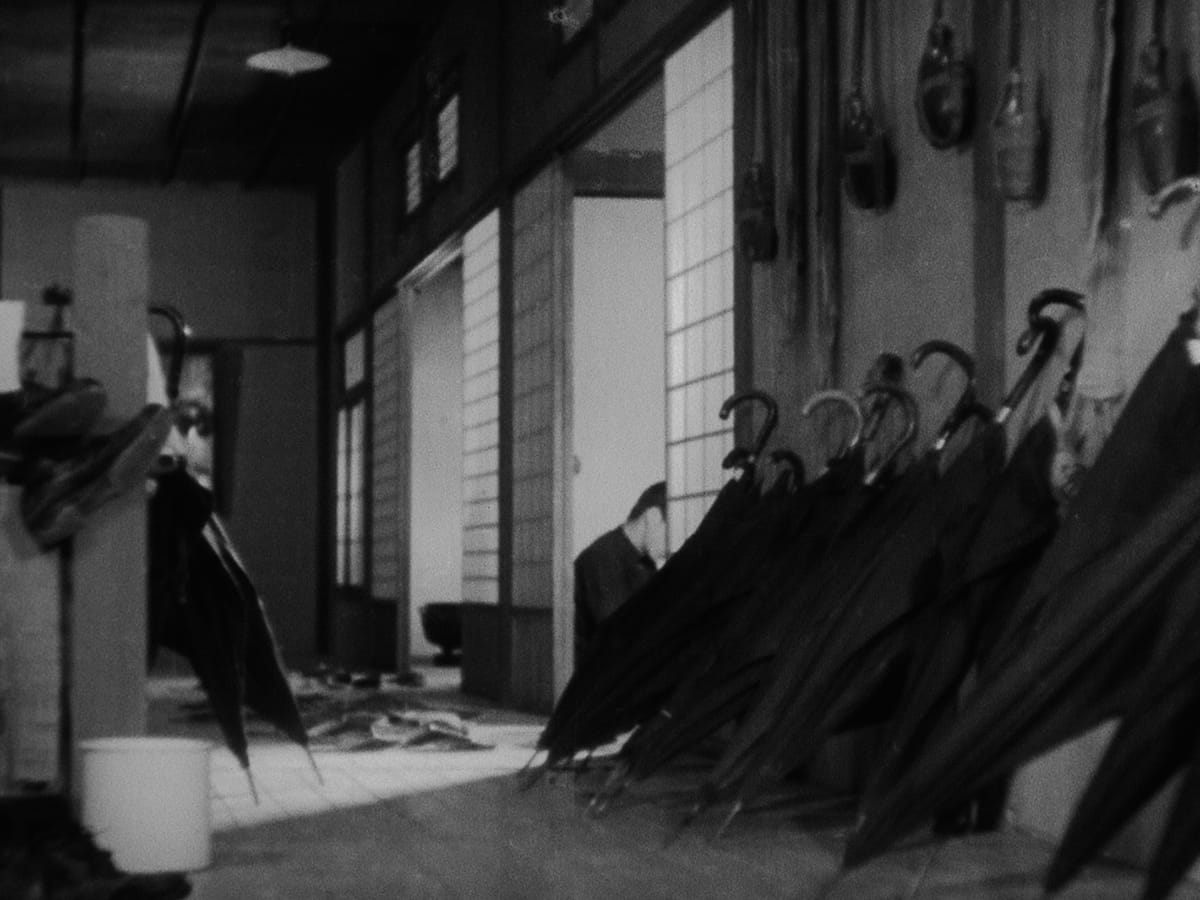There Was a Father

Yasujiro Ozu’s frequent leading man Chishu Ryu is riveting as Shuhei, a widowed high school teacher who finds that the more he tries to do what is best for his son’s future, the more they are separated. Though primarily a delicately wrought story of parental love, There Was a Father offers themes of sacrifice that were deemed appropriately patriotic by Japanese censors at the time of its release during World War II, making it a uniquely political film in Ozu’s body of work.
Special Features
- New high-definition digital transfer
- New video interview with film scholars David Bordwell and Kristin Thompson
- New and improved English subtitle translation
- PLUS: A booklet featuring an essay by critic and historian Tony Rayns, an appreciation of actor Chishu Ryu by Japanese film scholar Donald Richie, and comments by Ryu on director Yasujiro Ozu
Available In
Special Features
- New high-definition digital transfer
- New video interview with film scholars David Bordwell and Kristin Thompson
- New and improved English subtitle translation
- PLUS: A booklet featuring an essay by critic and historian Tony Rayns, an appreciation of actor Chishu Ryu by Japanese film scholar Donald Richie, and comments by Ryu on director Yasujiro Ozu

Cast
- Chishu Ryu
- Shuhei Horikawa
- Shuji Sano
- Ryohei (adult)
- Haruhiko Tsugawa
- Ryohei (child)
- Shin Saburi
- Yasutaro Kurokawa
- Takeshi Sakamoto
- Makoto Hirata
- Mitsuko Mito
- Fumi
- Masayoshi Otsuka
- Seiichi
- Shinichi Himori
- Minoru Uchida
Credits
- Director
- Yasujiro Ozu
- Screenplay
- Yasujiro Ozu
- Screenplay
- Tadao Ikeda
- Screenplay
- Takao Yanai
- Cinematography
- Yuharu Atsuta
- Editing
- Yoshiyasu Hamamura
- Music
- Kyoichi Saiki
- Art director
- Tatsuo Hamada



















